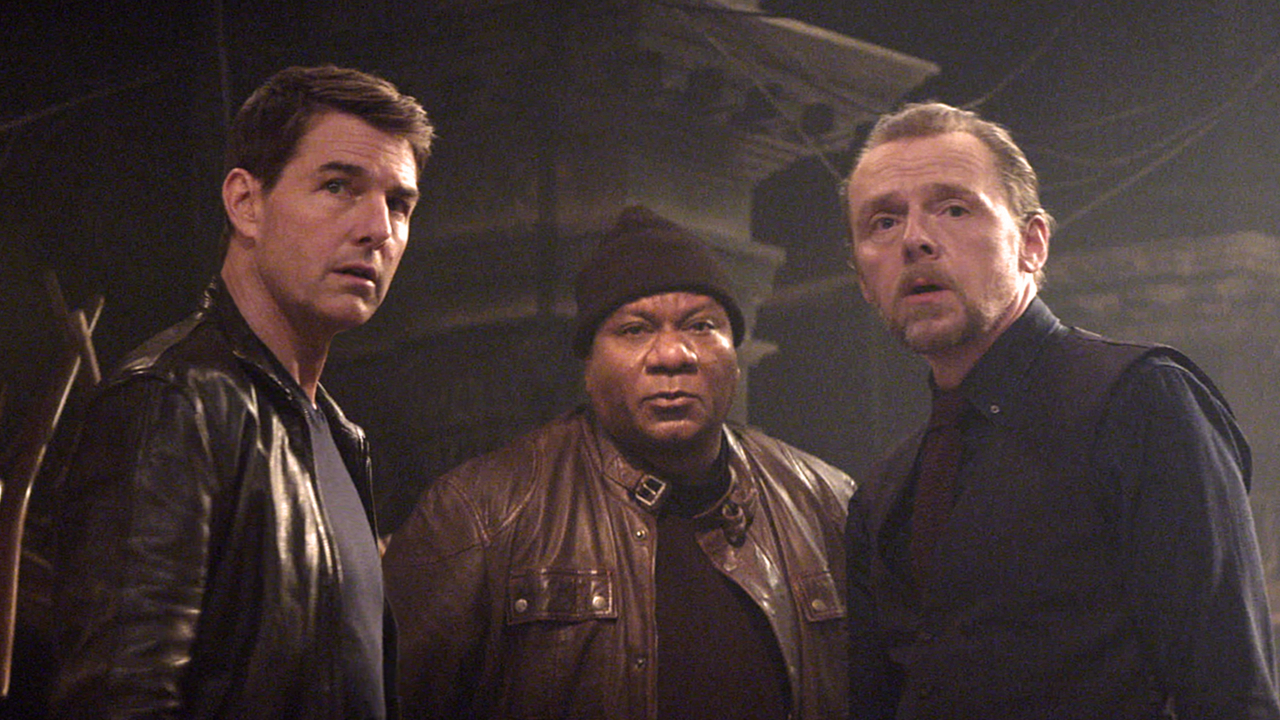Did Call Of Duty Ruin The FPS Genre?

I know I give Call of Duty as a brand a tough time here at Gaming Blend. I find that a lot of recent first-person shooter games aim for the lowest common denominator when it comes to casual appeal, and for the most part such games are almost “rail-shooters” with a slight requirement to “zoom in” to shoot accurately. Would I, however, say that Call of Duty ruined the FPS genre? It’s a debatable gesture because Call of Duty alone isn’t quite to blame…or is it?
An editorial over at Sabotage Times recounts, in detail, the process in which games like Call of Duty have taken over the FPS genre and simple, mindless, fast-as-you-can-blink multiplayer has become the major focus of the FPS genre.
The author of the article, Jacob Ellison, details how Call of Duty’s single player experience is basically an on-rails cinematic experience with single-player gameplay that practically mimics the multiplayer, save the enemy AI are basically talking cardboard cutouts. There are those now ubiquitous “Michael Bay” moments where players “ooh” and “aah” but have no control over what happens, a problem that Gaming Blend’s own Pete Haas pointed out as a possible missed opportunity in his Call of Duty: Black Ops review. What kind of opportunity you might ask? Well, a chance to really engage the player with a little thumb action as opposed to just watching it all unfold in front of you.
The multiplayer, however, has basically become the point-and-center for all the attention focused on the Call of Duty games, and most people (with the exception of PC and PS3 gamers when it comes to Call of Duty: Black Ops) would agree that the multiplayer is a heck of a lot of mindless fun.
So why would a game consistently labeled as “fun” also find its way in synonymous conjunction with a verb like “ruin” and adjectives like “terrible” and “repetitive”?
Ellison points out, in so many words, that catering the genre to casual gamers since Call of Duty: Modern Warfare 2 has engaged the community to become complacent with titles that focus on that lowest common denominator: simple fun. Just about any 10 year old can pick up a controller and play, and win, in a Call of Duty game. It’s that simple, and yet that fun.

Now, some gamers in the community feel like Call of Duty is receiving a lot of unnecessary hate simply because “it’s popular” and pours on the “simple fun” in droves each year. However, it’s a lot more to it than that. While the “arcade fun” paradigm could be used as an excuse of why the Call of Duty games are about as simplified in their gameplay structure as Quake II from 1997, it doesn’t really help that the industry is trying to mimic that “arcade fun” with equally simplified gameplay titles aimed at the casual gamers.
CINEMABLEND NEWSLETTER
Your Daily Blend of Entertainment News
Games like Homefront, Bulletstorm, Bodycount, Crysis 2, Alliance of Valiant Arms, Call of Juarez, Blacklight, Transformers, Operation Flashpoint, Metro 2033, Left 4 Dead, the upcoming XCOM and Brink all fit within the same category of gameplay mechanics: fun, fast, arcade-like experiences catered toward the Call of Duty fan. Some of the games were more or less successful than others but all of them were/are practically interchangeable with the exception of weapon loadouts, map layouts and the look of the “bad guys”.
The point is, Call of Duty basically says that you don’t need anything new, creative or different to make billions…a lot of developers/publishers seem to follow that train of thought now because gamers will buy it regardless.

It’s also funny when you think about what the original Crysis was and how the sequel actually moved backward, taking on the CoD-effect when it came to exploration, vehicles, physics, and in some regards, even the immersion of the graphics. The multiplayer in Crysis 2 was dumb-downed for the casual Call of Duty fan (even including perks and killstreaks) and the campaign was typical run-and-gun, arcade flair, which was a little disappointing. The exact same thing happened to Splinter Cell:...just compare the gameplay features from Conviction with Chaos Theory and it's like they're almost two completely different franchises.
A lot of fans of Call of Duty seem to believe that the series should just keep moving in the direction it’s going in…keeping everything as simple as possible, while more clones of the military FPS continue to flood the market. What’s more is that these FPS clones basically offer the same kind of run-and-gun gameplay, static maps, and mindless AI enemies who switch from “terrorist robes” and “zombie flesh” to “nano suits” or “futuristic armor” to round out the single-player experience.
In some regards, you could say that Call of Duty has ruined the direction of the first-person shooter genre. However, had the series not been so repetitive it would make you question if Battlefield 3 would still be the way it is, which offers a completely opposite take on the genre and actually aims to move FPS games forward again after they hit a major stump since 2006.
The sad reality is that as gaming has moved into mainstream and publishers aim to keep up with the demand of casual gamers, a lot of the technical achievements made with older FPS games that really pushed the limits back in the heyday such as Codename: Eagle, Half-Life or the original Deus Ex will probably continue to diminish, becoming niche titles within their own genre. Though it’s sad because Call of Duty isn’t really to blame if that’s what the fans are craving.
Staff Writer at CinemaBlend.
Jason Isaacs Recalls The ‘Most Nerve-Racking’ Aspect Of Joining Harry Potter: ‘Never Wore Off’
I’m Keeping Tabs On All The Times Ana De Armas And Tom Cruise Have Been Spotted Together (So Far)
That Time Walton Goggins Almost Got Arrested In His Bathing Suit For Having A Photoshoot In The Middle Of Traffic










